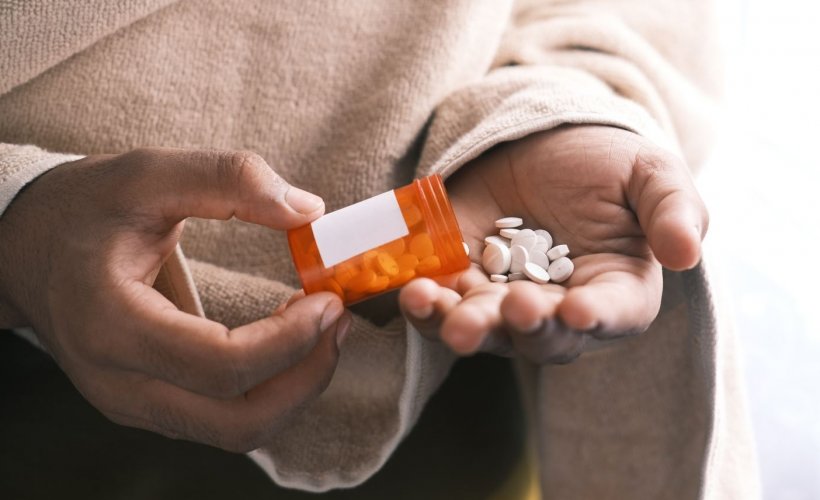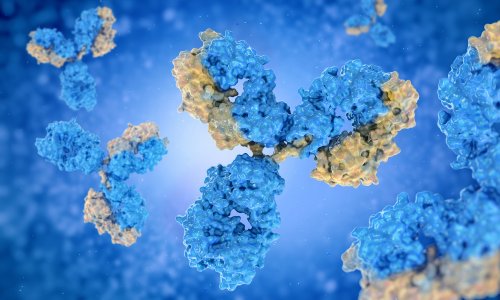
Image source: Unsplash/Towfiqu barbhuiya
News • Heart-related hospitalisations
Drug danger: opioid use linked to steep rise in cardiac arrests
A nationwide US study has shown that the rate of opioid-related cardiac arrests has steeply risen and is now on par with the rate of cardiac arrest from other causes.
The research is presented at ESC Congress 2021. Opioid use disorder, which includes dependence and addiction, affects more than two million people in the US, while opioid overdose is the leading cause of death for those aged 25 to 64 years. This study examined the trends and outcomes of opioid-related cardiac arrest in 2012 to 2018. The US Nationwide Readmissions Database (NRD) was used to study all hospitalisations for cardiac arrest in active or chronic opioid users compared to cardiac arrests in patients not using opioids.
The rise in opioid-related cardiac arrests during the study period was significant. By 2018, opioids were related to a similar number of cardiac arrests as all other reasons put together
Senada S. Malik
Of 1,410,475 cardiac arrest hospitalisations, 43,090 (3.1%) occurred in opioid users. The rate of in-hospital mortality in cardiac arrest patients with and without opioid use was 56.7% versus 61.2%, respectively. However, in an analysis adjusted for several factors including liver disease, atrial fibrillation and renal failure, there was no difference in the risk of mortality between cardiac arrest patients with or without opioid abuse (odds ratio 0.96; 95% confidence interval 0.92–1.01; p=0.15). Opioid users had higher rates of alcohol abuse (16.9% vs. 7.1%; p<0.05), depression (18.8% vs. 9%; p<0.05) and smoking (37.0% vs. 21.8%; p<0.05) compared to those not using opioids.
The study found a significant increasing trend in opioid-associated cardiac arrest over the seven-year period (p for trend <0.05). Study author Ms. Senada S. Malik, a medical researcher at the University of New England, Biddeford, US said: “The rise in opioid-related cardiac arrests during the study period was significant. By 2018, opioids were related to a similar number of cardiac arrests as all other reasons put together.” She continued: “This was an observational study so we cannot conclude causality, but the findings do suggest that the opioid epidemic in the US may have contributed to an increasing number of cardiac arrests.”
Recommended article

News • Is the "American Dream" slipping away?
Drugs, alcohol and suicides contributing to alarming drop in US life expectancy
Drugs, alcohol and suicides are contributing to an alarming drop in US life expectancy, particularly among middle-aged white Americans and those living in rural communities, warn experts in The BMJ. They argue that the ideal of the “American Dream” is increasingly out of reach as social mobility declines, and fewer children face a better future than their parents.
Ms. Malik concluded: “The rising use of opioids is having a devastating impact on the lives of many Americans. Abuse of these drugs has been linked with poor lifestyle choices including excessive alcohol intake, lack of exercise, insufficient sleep and smoking – which can lead to a downward spiral of poor decision-making. A constant need for opioids contributes to addiction, depression, poverty, unemployment and criminal/legal problems. Public health strategies including increased surveillance, research, and tracking opioid cases are desperately needed to curtail this epidemic.”
Source: European Society of Cardiology
23.08.2021











